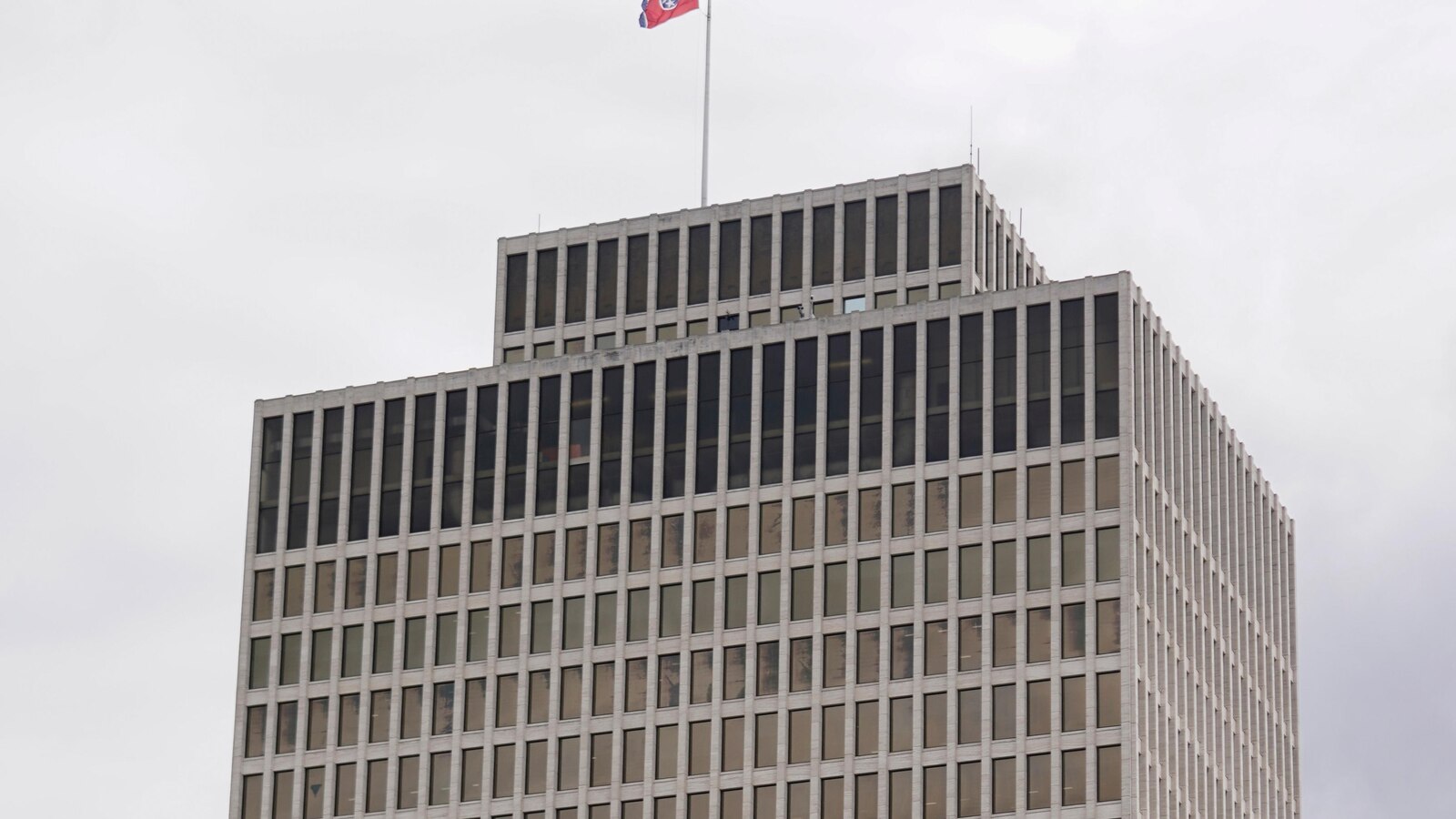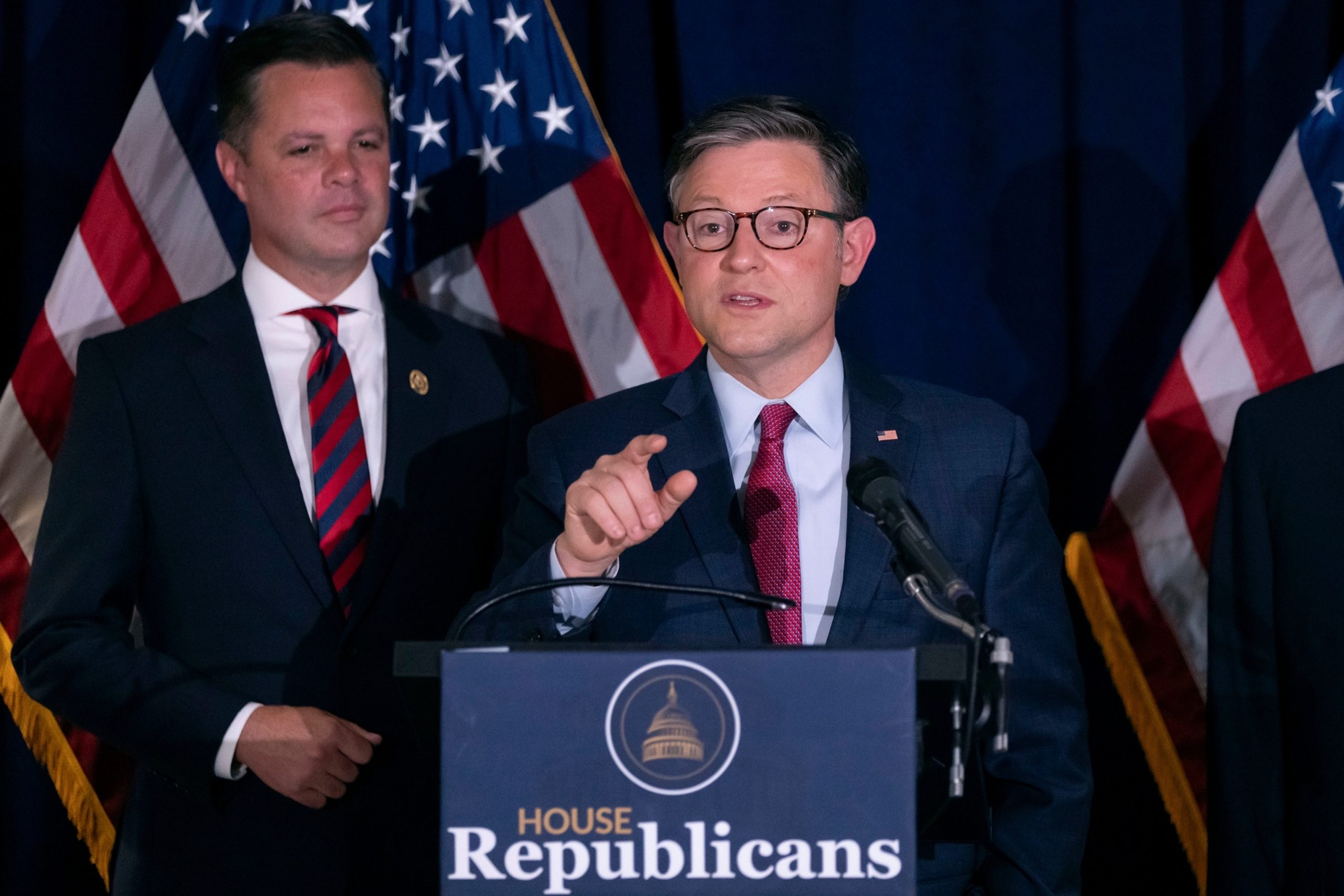
Suspicious packages were sent to election officials in at least six states on Monday, but there were no reports that any of the packages contained hazardous material.
Powder-containing packages were sent to secretaries of state and state election offices in Iowa, Kansas, Nebraska, Tennessee, Wyoming and Oklahoma, officials in those states confirmed. The FBI and U.S. Postal Service were investigating. It marked the second time in the past year that suspicious packages were mailed to election officials in multiple state offices.
The latest scare comes as early voting has begun in several states less than two months ahead of the high-stakes elections for president, Senate, Congress and key statehouse offices around the nation, causing disruption in what is already a tense voting season.
Several of the states reported a white powder substance found in envelopes sent to election officials. In most cases, the material was found to be harmless. Oklahoma officials said the material sent to the election office there contained flour. Wyoming officials have not yet said if the material sent there was hazardous.
The packages forced an evacuation in Iowa. Hazmat crews in several states quickly determined the material was harmless.
“We have specific protocols in place for situations such as this,” Iowa Secretary of State Paul Pate said in a statement after the evacuation of the six-story Lucas State Office Building in Des Moines. “We immediately reported the incident per our protocols.”
A state office building in Topeka, Kansas, was also evacuated due to suspicious mail sent to both the secretary of state and attorney general, Kansas Highway Patrol spokesperson April M. McCollum said in a statement.
Topeka Fire Department crews found several pieces of mail with an unknown substance on them, though a field test found no hazardous materials, spokesperson Rosie Nichols said. Several employees in both offices had been exposed to it and had their health monitored, she said.
In Oklahoma, the State Election Board received a suspicious envelope in the mail containing a multi-page document and a white, powdery substance, agency spokesperson Misha Mohr said in an email to The Associated Press. The Oklahoma Highway Patrol, which oversees security for the Capitol, secured the envelope. Testing determined the substance was flour, Mohr said.
State workers in an office building next to the Wyoming Capitol in Cheyenne were sent home for the day pending testing of a white substance mailed to the secretary of state’s office.
Suspicious letters were sent to election offices and government buildings in at least six states last November, including the same building in Kansas that received suspicious mail Monday. While some of the letters contained fentanyl, even the suspicious mail that was not toxic delayed the counting of ballots in some local elections.
One of the targeted offices was in Fulton County, Georgia, the largest voting jurisdiction in one of the nation’s most important swing states. Four county election offices in Washington state had to be evacuated as election workers were processing ballots cast, delaying vote-counting.
The letters caused election workers around the country to stock up the overdose reversal medication naloxone.
Election offices across the United States have taken steps to increase the security of their buildings and boost protections for workers amid an onslaught of harassment and threats following the 2020 election and the false claims that it was rigged.
___
Salter reported from O’Fallon, Missouri. Volmert reported from Lansing, Michigan. Mead Gruver in Cheyenne, Wyoming; Jonathan Mattise in Nashville, Tennessee; Summer Ballentine in Columbia, Missouri; Sean Murphy in Oklahoma City and John Hanna in Topeka, Kansas, contributed to this report.
In recent news, at least six states have reported receiving suspicious packages sent to election officials. These packages have raised concerns about potential threats to the upcoming elections and have prompted investigations by law enforcement agencies.
The states that have reported receiving these packages include Florida, New York, Texas, Georgia, Arizona, and Pennsylvania. The contents of the packages vary, with some containing suspicious substances or threatening messages. In some cases, the packages have been intercepted before reaching their intended recipients, while in others, they have been opened by election officials.
These incidents come at a time when election security is a top priority for officials across the country. With the 2020 presidential election just around the corner, concerns about foreign interference, voter fraud, and other threats to the integrity of the electoral process are at an all-time high.
Law enforcement agencies are working diligently to investigate these incidents and ensure the safety of election officials and the public. The FBI, in particular, has been involved in several of these investigations and is working closely with state and local authorities to determine the source of the suspicious packages.
In response to these incidents, election officials in the affected states have taken additional security measures to protect themselves and their staff. This includes increased security screenings for incoming mail, enhanced surveillance of polling places, and coordination with law enforcement agencies to monitor any potential threats.
While the motives behind these suspicious packages remain unclear, the incidents serve as a reminder of the importance of safeguarding our democratic process. It is crucial that we remain vigilant and take all necessary precautions to ensure that our elections are free, fair, and secure.
As the investigations into these incidents continue, it is important for election officials and the public to stay informed and report any suspicious activity to the authorities. By working together, we can protect our democracy and ensure that every vote counts.


